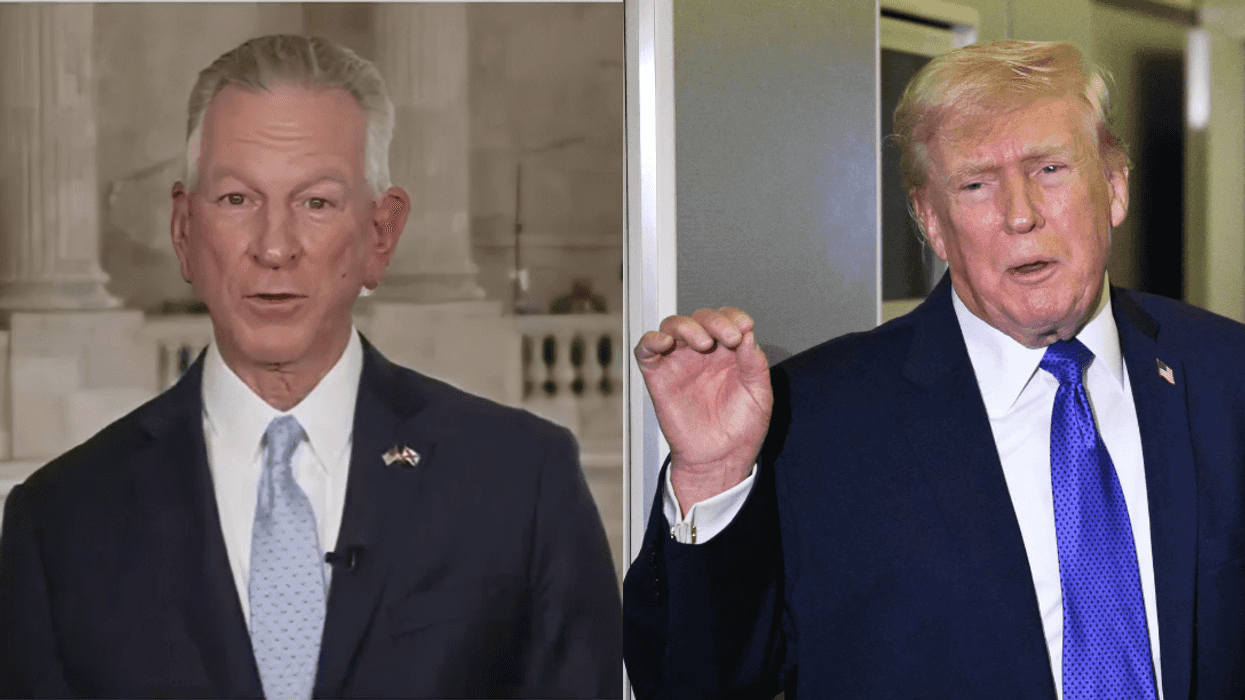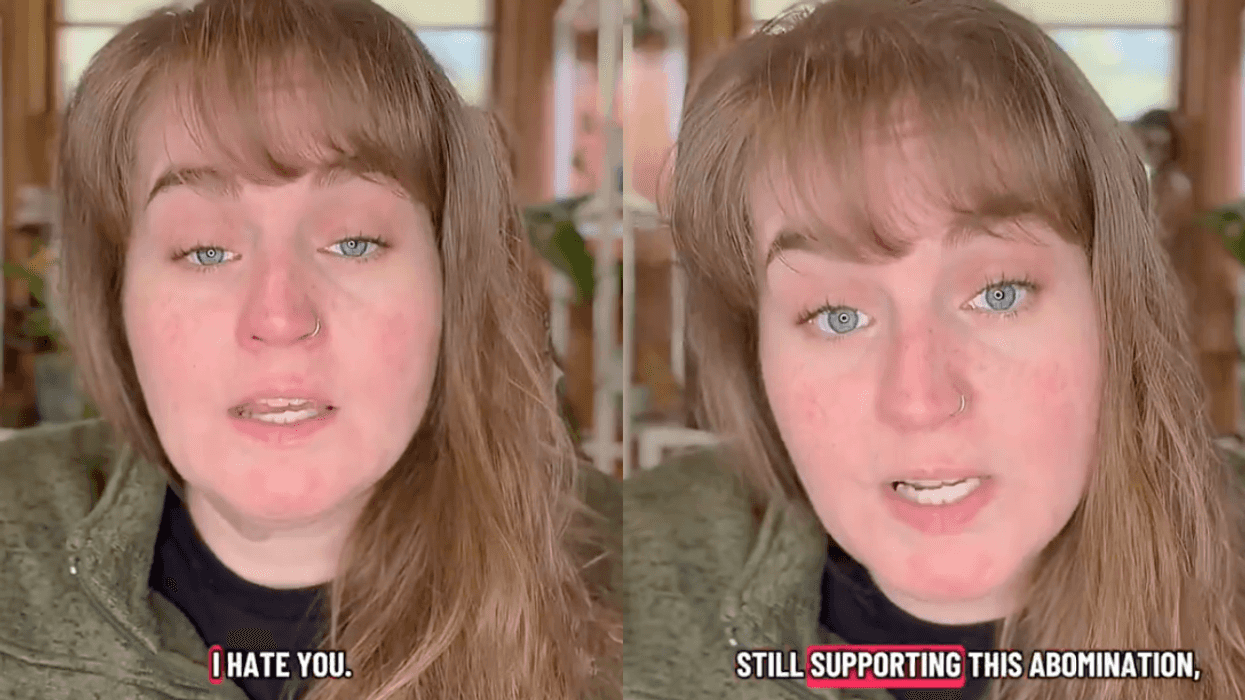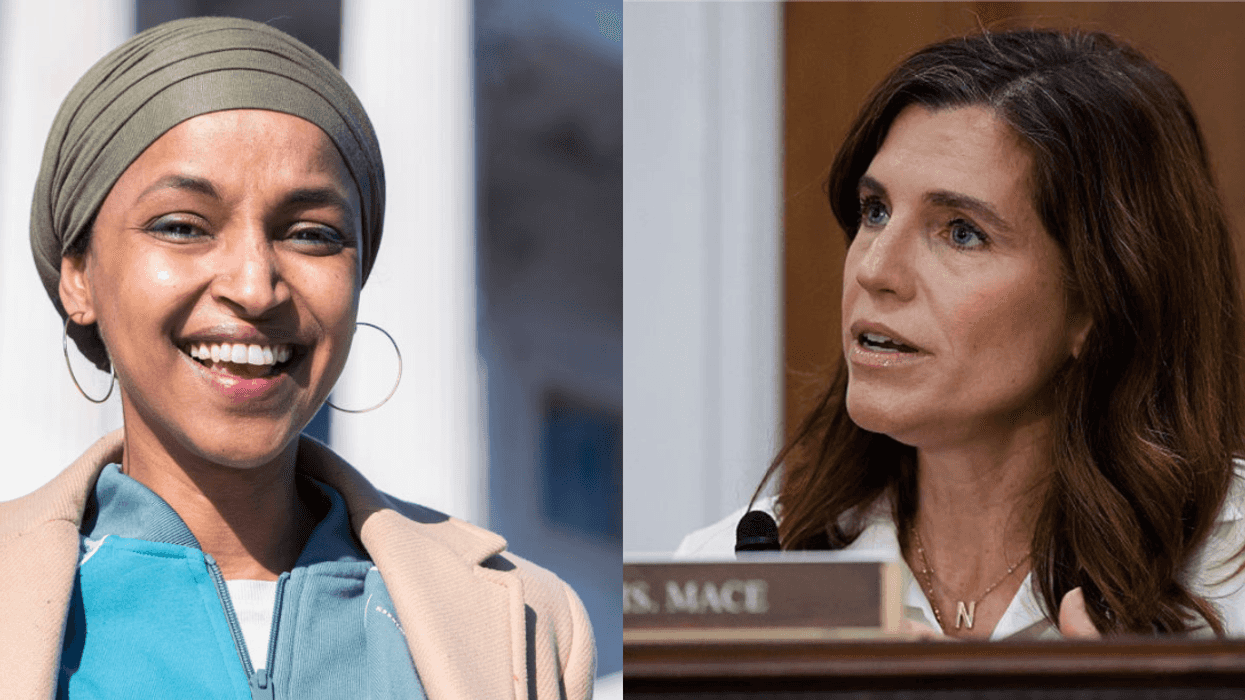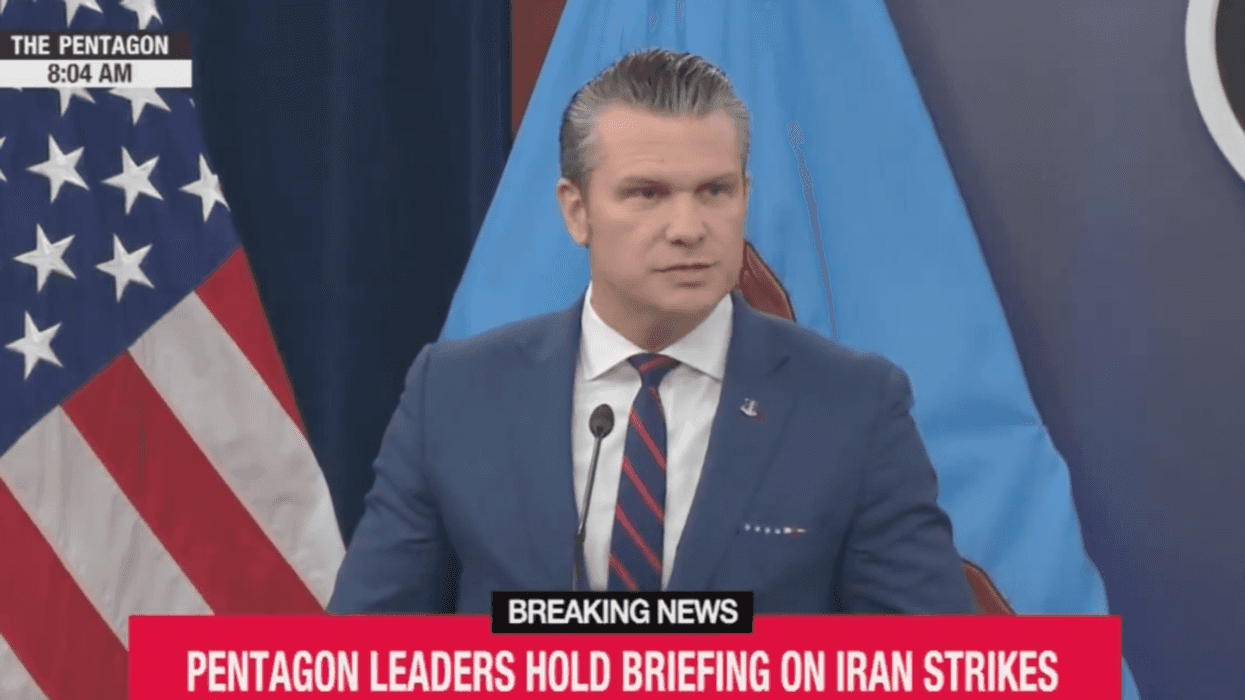President Donald Trump spent more than an hour in a private meeting with the family members of the victims of the May 18 shooting at Santa Fe High School in Texas, which killed 10 and wounded more than a dozen on May 18.
Although the president called the meeting "very impactful" after being introduced to some of the affected families, one parent expressed her disappointment after she challenged his views on gun violence.
According to Rhonda Hart, whose 14-year-old daughter, Kimberly Vaughan, died in the shooting, Trump repeatedly called gunman Dimitrios Pagourtzis “wacky” while speaking at the gathering, which took place at a Coast Guard base outside Houston.
“He kept calling him [the shooter] this wacky kid who was wearing a wacky trench coat,” says Hart.
At that point, she recalls, she chose to address the topic she believes the president was skirting.
“I raised my hand and said, ‘I have something to say here. Let’s just get to the mental health part," she said, explaining that her daughter had anxiety, Asperger’s syndrome and attention-deficit/hyperactivity disorder and “took medicine daily.”
“I said, ‘[The shooter] might have been depressed, but he wasn’t wacky.’ But if that kid needed help, he needed to have proper access to it,” Hart says, “meaning you shouldn’t repeal the Affordable Care Act and get them the help they need and take away the stigma of mental illness. Mental illness needs to be addressed... Maybe if everyone had access to mental health care, we wouldn’t be in the situation.”
But the president didn't answer.
“I said all that and he didn’t say anything,” she says. “He was just like, ‘Uhhhh…’"
Hart, an Army veteran, says she also suggested the president should employ veterans as sentinels in schools.
"And arm then?" the president asked.
"No," Hart replied.
But Trump "kept mentioning" arming classroom teachers, Hart says. "It was like talking to a toddler."
Another parent shared a more positive experience. Pamela Stanich, whose 17-year-old son, Jared Black, died in the shooting, said she presented Trump with a family statement and a copy of her son's eulogy. She took to Facebook to slam "the assholes bashing our President":
He met with us privately and showed sincerity, compassion, and concern on making our schools safer across the nation. He hugged us and was gracious with his condolences. He spent time talking to the survivors and asking on what happened and what would have made a difference. Changes are coming for the good. Thank you Mr. Trump. Negative comments will be deleted and those making them will be blocked.
But the president's visit has still been rife with criticisms, particularly from those who say he prioritized attending a fundraising event over visiting the school district affected by the attack. The president has further been lambasted for appearing to lack empathy in the wake of tragic events.
Nor did the president allow reporters to attend the meeting.
The president's response to the gun control debate has been to double down on his support for the National Rifle Association, which has stymied the power of Congress to enact meaningful gun reform. On May 4, during an NRA convention, the president assured his audience that NRA members’ Second Amendment rights “will never, ever be under siege as long as I am your president.”
The president's proposal to arm educators has also been criticized, particularly from survivors of the Marjory Stoneman Douglas High School shooting, which galvanized students across the nation to take part in the National School Walkout to demand Congress remedy the spate of these attacks.
Sarah Lerner, a teacher at Stoneman Douglas, issued a harsh rebuke of Trump’s proposal during an appearance on CNN a week after surviving the shooting.
“I have no desire to own a gun, carry a gun, shoot a gun, touch a gun. I don’t think that my coming to school with a gun would have changed anything. I’m in Building 6, not Building 12, so if I had been on campus with a gun, there would have literally been nothing for me to do,” said Lerner at the time.
When asked if she would have felt safer if she had had a gun, Lerner replied:
No, no, because I don’t need to have a gun to keep me safe. I knew that the SWAT team, the FBI, Broward Sheriff’s office, local police offices were here securing the campus and keeping us safe. That made me feel safe. If I had had a gun in my classroom with fifteen students, I wouldn’t have used it. I didn’t see the shooter. I heard the shots when I went outside, but having a gun would do me no good. If anything, if I had a gun on campus, it would have been locked in my closet, and if somebody had come in the room, in the time it would take me to get my keys and open the closet, I’d be dead.
Lerner also took aim at the president’s assurances that only 20 percent of educators at any given school would be armed.
“The president said those of us willing to be armed would get some kind of a bonus. I’m not even given adequate money to buy supplies for my classroom, but now if I choose to carry a gun, a gun will be provided for me and I will be given a bonus? I would rather see all that money go to having more security personnel on my campus, giving me more money on my paycheck. I don’t need a gun! Give me the money instead.”


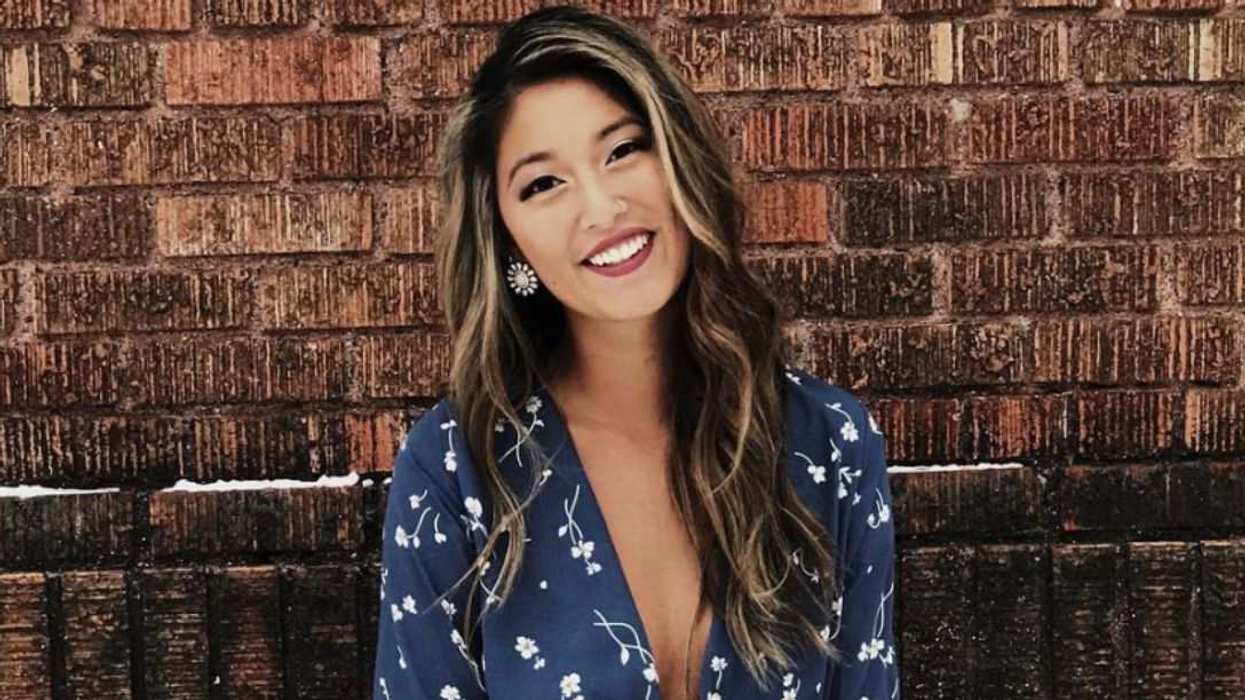
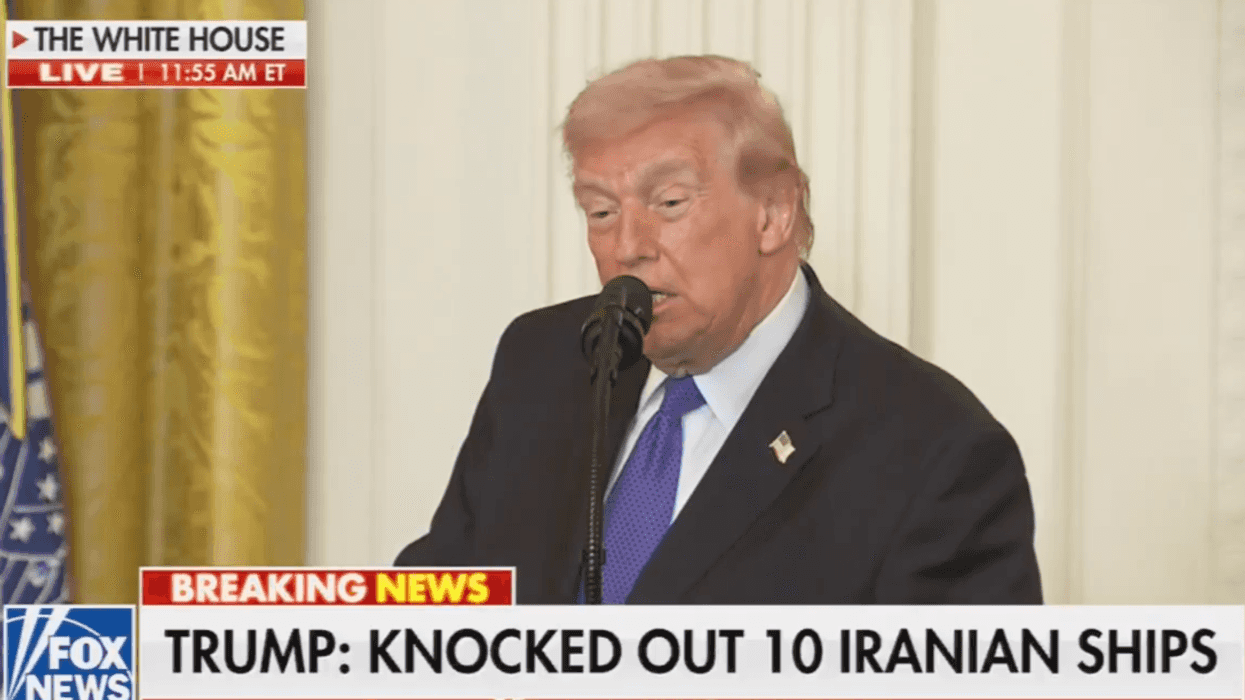

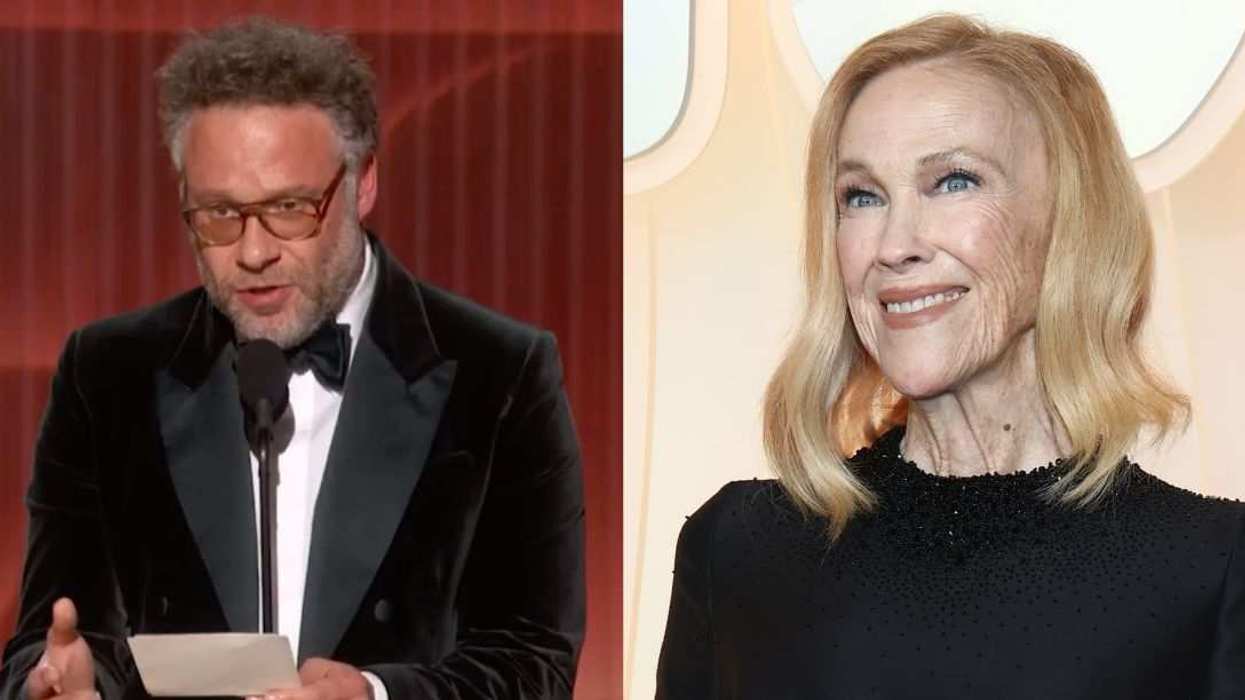

 @sko2535/Threads
@sko2535/Threads @hayderz/Threads
@hayderz/Threads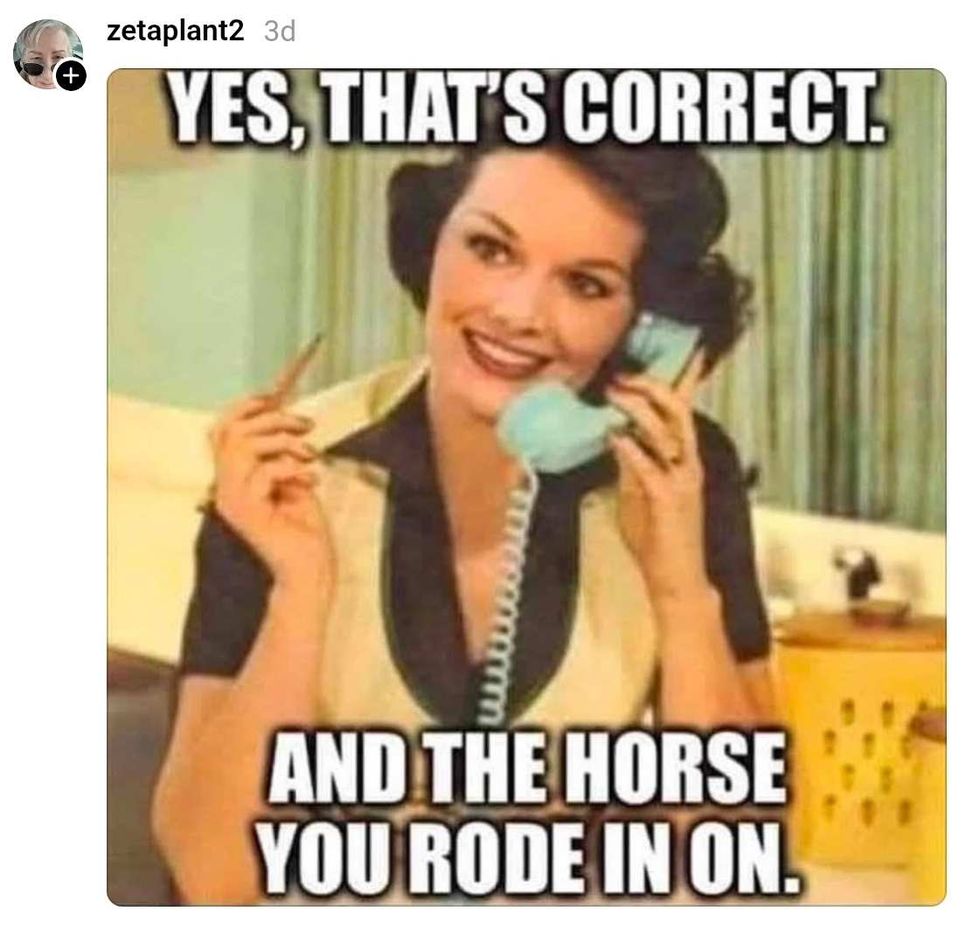 @zetaplant2/Threads
@zetaplant2/Threads @dark_elle_akalisa/Threads
@dark_elle_akalisa/Threads @freeasfox/Threads
@freeasfox/Threads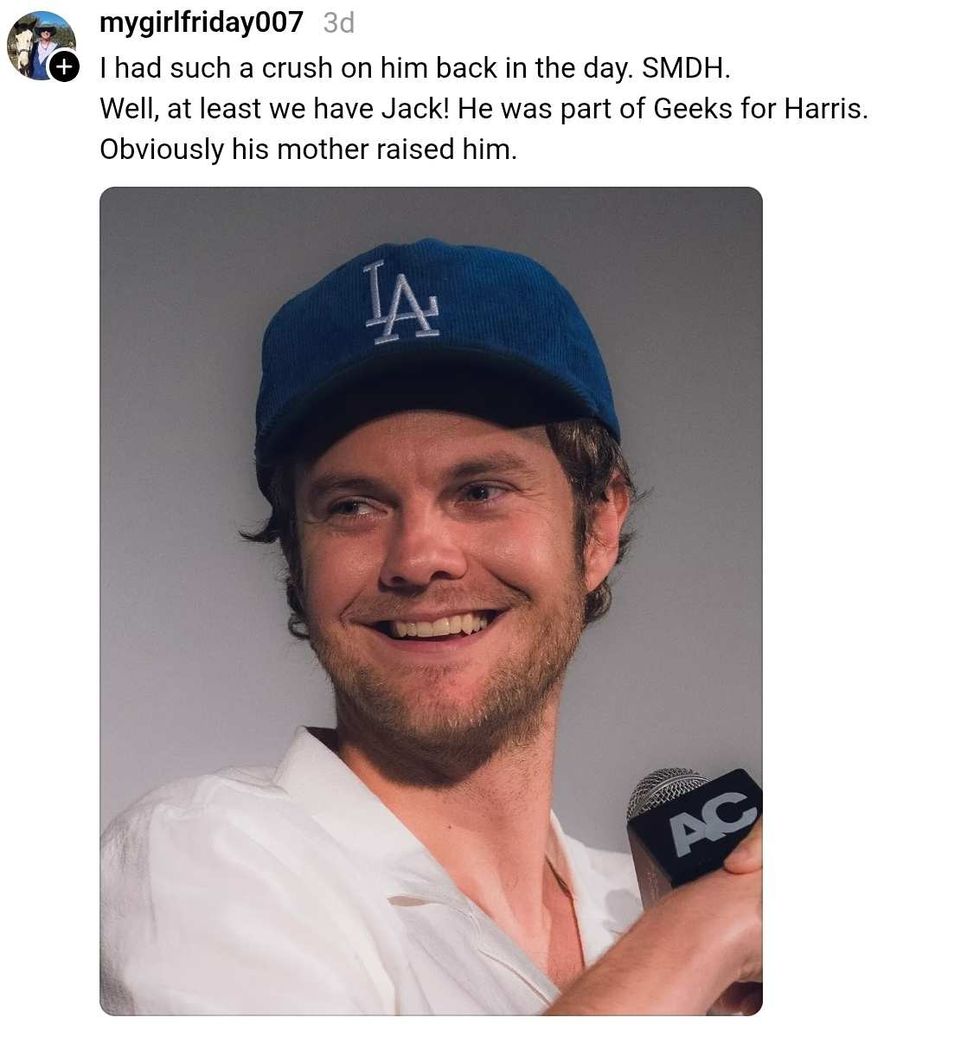 @mygirlfriday007/Threads
@mygirlfriday007/Threads drbenwayoperates/Threads
drbenwayoperates/Threads



